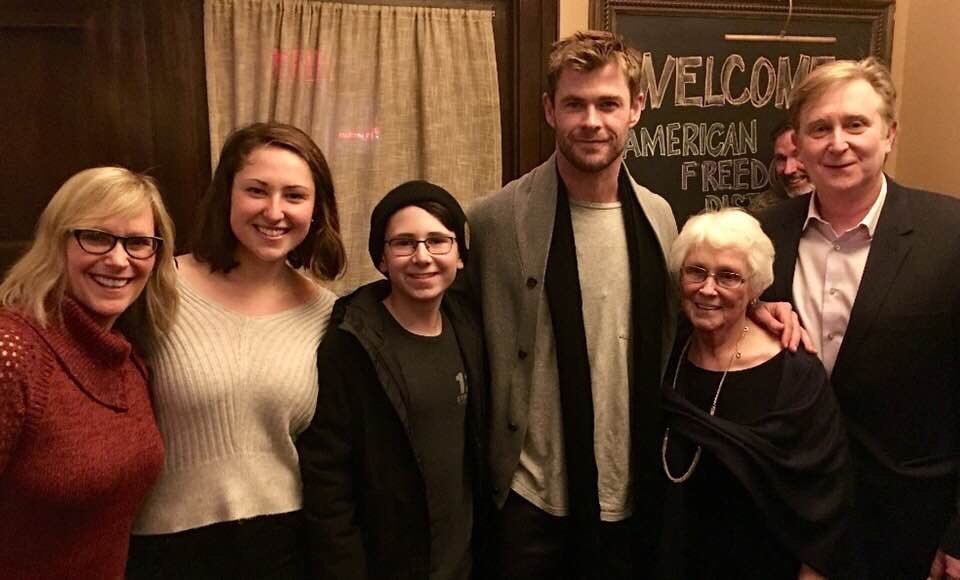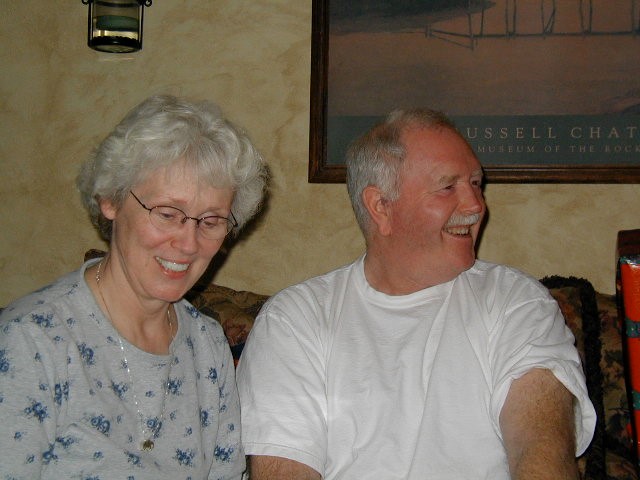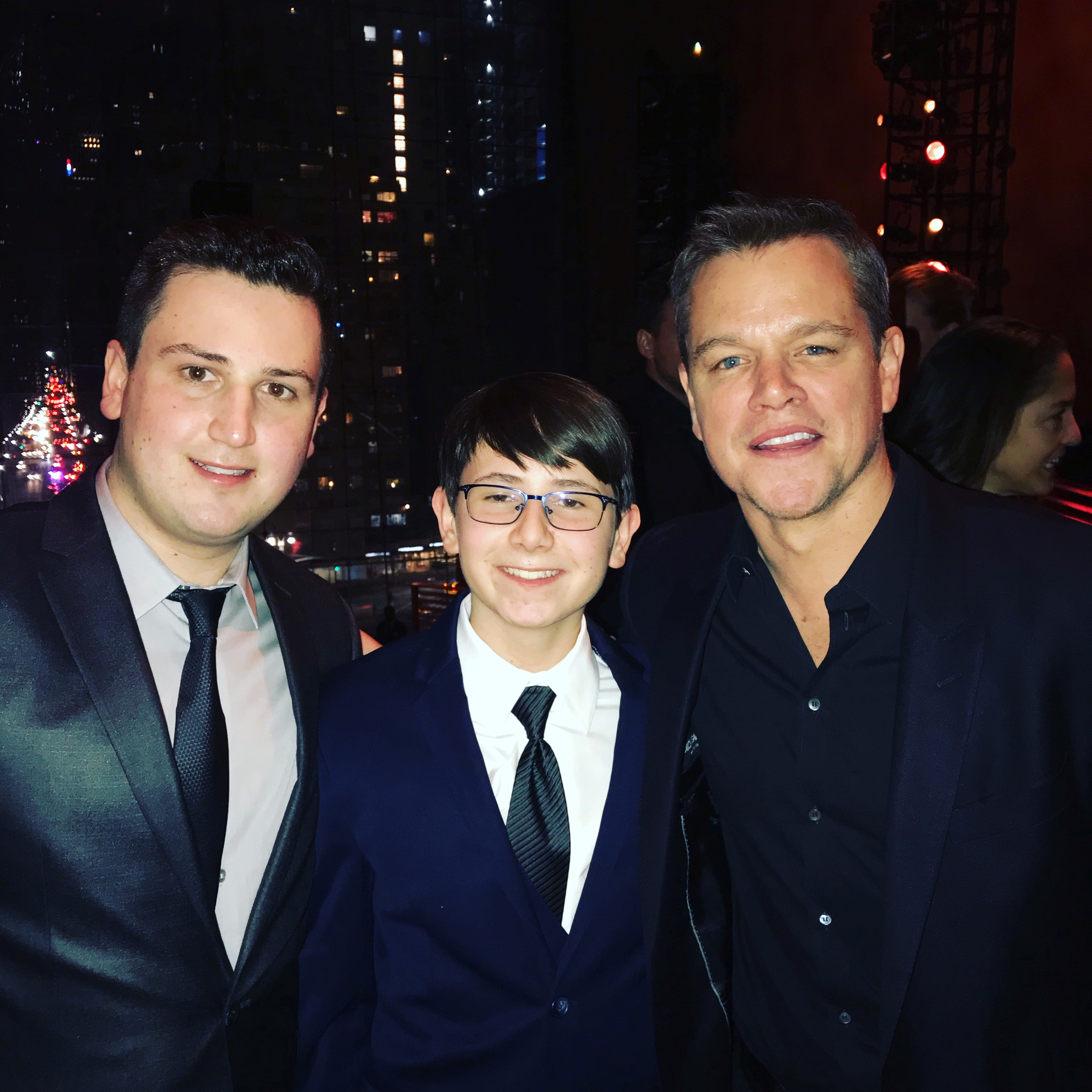


Every year Veterans Day comes and goes, and every year the praise, recognition and admiration never feels sufficient to the men and women who have dedicated a chunk of their time on this planet to serving their country, and deeper than that, a willingness to sacrifice their lives for their country. Four years is a long time when you’re young, as most people are when they join the military, and combat changes a person for the rest of their life. I wanted to look at Veteran’s Day through the lens of someone who has deep reverence, experience and understanding of veterans.
Traverse City author Doug Stanton was born and raised in Traverse City and has three published books that detail war accounts from World War II, the Vietnam War and an Army Special Forces team that went to Afghanistan post 9/11. The Special Forces book, called Horse Soldiers, was turned into 2018 movie 12 Strong. In Harm’s Way is a New York Times Bestseller and is required reading for Naval Officers. Although Doug has a passion for telling veterans’ stories and eloquent talent to do so, he is not a veteran.
“It really comes back to my father. He was in the Army after Korea and before Vietnam, and that’s where he learned to be an electrician. He came back here and worked for city light and power for 32 years.”
Doug’s father Derald Stanton grew up in Reed City, Michigan and enlisted in the Army after high school.
Bonnie Stanton and Derald Stanton
“Joining the Army post-Korea was a way for him to get out of town, it’s how he saw the world.”
Derald always had a fascination with his uncles experience in World War II. The fascination seeped over to Doug and he was inspired to write In Harm’s Way.
“We were living out in the country in Lake Ann on a really snowy road and I was snow blowing the driveway in an orange hunting suit wondering how I was gonna pay the bills, and I wrote this book that I didn’t plan to write but it came out of this long article. I had an interest in learning about that generation.”
The book was about the USS Indianapolis, a cruiser that was torpedoed and sunk by a Japanese submarine during World War II. The cruiser broke into 3 pieces with around 300 hundred men killed instantly. The other near 900 sailors were left to fight for their lives in freezing, shark filled water. Only 317 men survived when they were found four days later, and Doug told the story through the eyes of three survivors.
“It’s a story of survival. I was really happy because it led to the next book, Horse Soldiers which is about the modern soldier and that became a movie which was really fun because we were able to show it at the State Theatre.”
Doug was able to tell the stories of different generations of veterans, and for Horse Soldiers he was able to experience life in Afghanistan and visited twice to talk to soldiers.
The World War II vets that Doug talked to for his stories were sailors that he found through reunions. The vets he talked to from Afghanistan were scattered all over the globe and had to be tracked down.
“With the Vietnam book I met one of the main characters of that book in Afghanistan. He was still in the Army. We were in a helicopter and we were trying to fly to the Pakistan border where I was going to get off and live with some Special Forces soldiers. His dad had been in World War II, he had been in Vietnam and now he was in Afghanistan.
Through his time writing about vets, Doug’s been able to understand how tough it can be on both the vet and the family. One of the most difficult aspects of serving is losing a brother in arms, whether through combat or through struggles with PTSD.
“The good thing about Veteran’s Day is that it gives us a chance to talk about these things publically. You really have to take care of them in what’s called the After War, when people come home. How do you take care of them? How do you re-employ them? How do you help them process everything?”
Doug has brought the world remarkable, real-life stories of veterans and none of the stories would have ever been written if it hadn’t been for his father Derald.
“He was always interested in ordinary people who stepped up and did public service and they were often not famous for it or got any recognition for it. He was interested in character. It’s easy to be a hero when there’s a stage, but who are you when no one’s watching?”
Acts of character vary, but one act of character will never and should never go unrecognized; the willingness to serve and protect your loved ones and countrymen.

© 2023 - 910 Media Group



